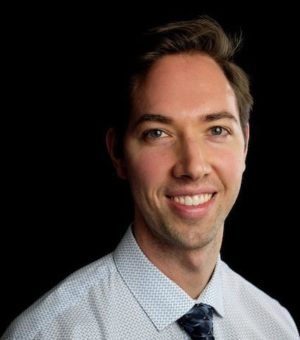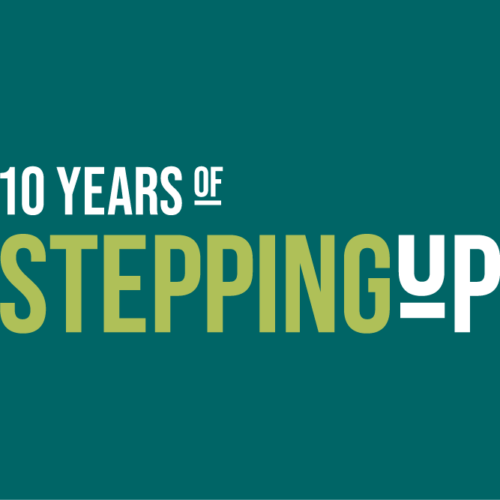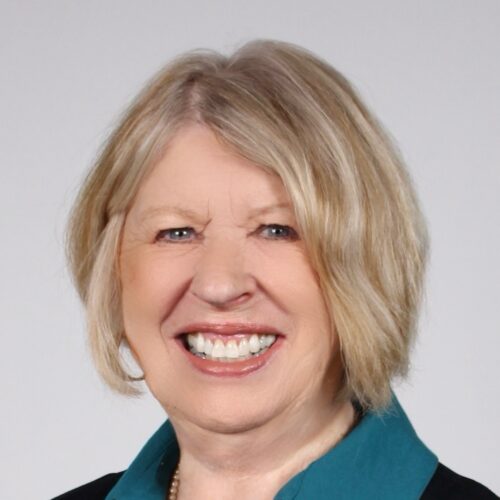
Site Snapshot: Revisiting Three Counties’ Work to Serve High-Needs Populations
Across the U.S., hundreds of jurisdictions have committed to improving their systems’ responses to “high-needs” or “priority populations”—community members who frequently and repeatedly encounter law enforcement, jails, emergency departments, and other social services.
The CSG Justice Center is highlighting three of these communities: Bernalillo County, New Mexico; Fulton County, Georgia; and Polk County, Iowa. Each of these jurisdictions is both a Stepping Up Innovator and a MacArthur Foundation Safety and Justice Challenge site. This snapshot will focus on the sites’ successes and challenges in their work with priority populations, as well as some of their upcoming goals. Read more about where these counties started and their progress along the way.
Bernalillo County, New Mexico |
|||||
| Lead Agency | Priority Population | Key Successes | Challenges | Current Focus Areas | Next Steps/Goals |
| Bernalillo County Department of Behavioral Health Services and the Behavioral Health Initiative | 230–250 individuals each month who had at least 2 bookings in the Metropolitan Detention Center within an 18-month period, 1 or more emergency room visits within the past year, and/or usage of the Public Inebriate Intervention program or the CARE Campus and Detox within the past 3 months | • Developed a formula weighting relevant events—jail bookings, jail psychiatric unit stays, or behavioral health program visits—by severity to identify the priority population • Implemented a flagging system to alert systems partners when a member of the priority population exits the jail • Partnered with Metro Competency Court for warm hand-off to the Crisis Stabilization Unit, decreasing jail time • Launched the Fire & Rescue Mobile Crisis Team |
• Aligning all system partners on information-sharing processes • “Rapid releasers” from jail who are released within a very short period of time after booking or who are released at unpredictable hours of the day • Housing waitlists for people with behavioral health needs |
• Connecting people leaving jail to services • Developing a process and platform for data integration • Developing housing options for the priority population |
• Implement an outpatient clinic that will connect people leaving jail to medication until they can establish care with a primary provider
|
Fulton County, Georgia |
|||||
| Lead Agency | Priority Population | Key Successes | Challenges | Current Focus Areas | Next Steps/Goals |
| Superior Court of Fulton County | 100 people with the most frequent jail bookings cross-matched with Atlanta Police Department (APD) arrests; Grady Health System ER, psychiatric unit, or Assertive Community Treatment team utilization; homeless management information systems; data from the Department of Community Supervision; and competency evaluations from Emory University | • Established a release of information agreement among system partners, building off of an example from Bernalillo County, New Mexico • Created data dashboards to display the county’s progress on the Stepping Up four key measures • Deployed a HIPAA-compliant version of Slack where system partners can communicate about client cases • Began flagging members of the priority population in encounters with APD officers and diverting them to the Policing Alternatives & Diversion Initiative to reduce arrests • Held bimonthly screening and reentry meetings on client cases • Partnered with the City of Atlanta to plan the opening of the Center for Diversion and Services, which will transform part of the Atlanta City Detention Center into a pre-charge law enforcement diversion center with co-located services |
• Rising average length of jail stay due to court backlog • Underutilization of the Policing Alternatives & Diversion Initiative • Lengthy probation sentences • High volume of warrants issued for people who do not adhere to probation conditions • Housing waitlists • Competency restoration waitlists |
• Implementing housing screening in jail and connecting people to coordinated entry • Conducting a data integration project to serve as a “phonebook” for participating individuals/agencies whereby priority population caseworkers can connect with each other • Developing a case management framework and building/purchasing software • Developing long-term priority population criteria |
• Secure funding to embed clinicians in 911 call centers to support triage and identification of the priority population • Develop a specialized docket with dedicated court staff to fast-track case processing for this population • Work with the City of Atlanta to consider legislation to de-prioritize charges for which the priority population is frequently arrested |
Polk County, Iowa |
|||||
| Lead Agency | Priority Population | Key Successes | Challenges | Current Focus Areas | Next Steps/Goals |
| Polk County Behavioral Health and Disability Services | People with the most frequent 911 utilization and jail bookings | • With Polk County IT, the Familiar Faces project team developed a data platform that aggregates a list of the top 100 people with the most frequent jail bookings and 911 calls • Added a mental health clinician to the 911 Call Center to reduce police/emergency medical services dispatch • Added a non-police-based mobile crisis unit for triaged calls where police are not needed |
• Individuals refusing services • Getting people connected to substance use treatment • Workforce challenges |
• Adding a community-based crisis stabilization team for children and adults • Expanding the mobile crisis team to cover the overnight shift |
• Revise the data platform to better meet needs • Collaborate with refugee and new immigrant communities to meet mental health needs • Address workforce challenges by creating an apprenticeship program and career ladder for direct support professionals |
Resources
The following webinars provide additional information on these counties’ projects since the CSG Justice Center started working with them in June 2020:
- “Responding to People in Crisis, Part 1: Identifying “Familiar Faces,” May 2021
- “Responding to Familiar Faces in Crisis Part 2: Engagement Challenges and Strategies,” November 2021
- “Responding to Familiar Faces in Crisis Part 3: Current Focus Areas,” April 2022
Photo by Arlington Research on Unsplash
About the author

As the Stepping Up initiative marks its 10th year, America’s justice and behavioral health systems are facing a…
Read More19 states were recently granted permission by CMS to reimburse critical reentry services with Medicaid funding for up…
Read More"It is the humane, person-centered approach that supports and stabilizes individuals, their families, and their communities."
Read More The 10-Year Impact—and Future—of Stepping Up: Facing the Behavioral Health Crisis in Jails and Communities with Real Solutions
The 10-Year Impact—and Future—of Stepping Up: Facing the Behavioral Health Crisis in Jails and Communities with Real Solutions
As the Stepping Up initiative marks its 10th year, America’s justice and behavioral health systems are facing a shared crisis: how to meet the behavioral health needs of people cycling through jails.
Read More A “Once in a Generation Opportunity” to Improve Reentry for Nearly 2 Million People
A “Once in a Generation Opportunity” to Improve Reentry for Nearly 2 Million People
19 states were recently granted permission by CMS to reimburse critical reentry services with Medicaid funding for up to 5 years.
Read More Local Criminal Justice System Innovations in Mental Health Services: Q&A with CSG Justice Center Advisory Board Member Dr. Doreen Williams
Local Criminal Justice System Innovations in Mental Health Services: Q&A with CSG Justice Center Advisory Board Member Dr. Doreen Williams
"It is the humane, person-centered approach that supports and stabilizes individuals, their families, and their communities."
Read More









